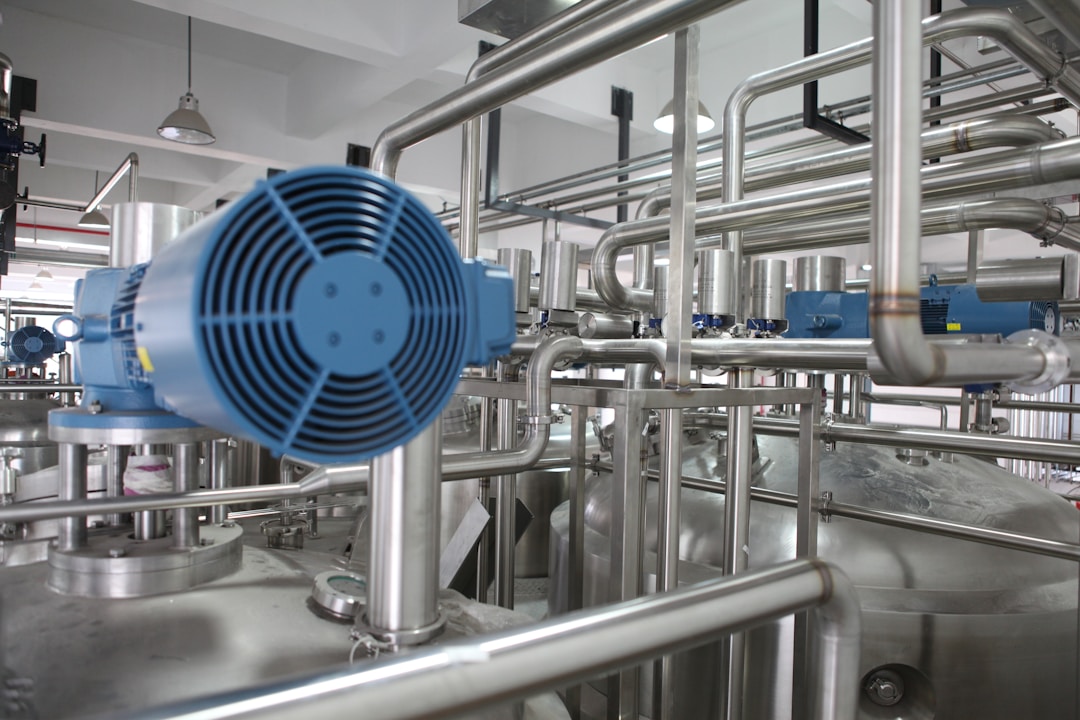Content Attributes
Industrial reverse osmosis systems have become a cornerstone in the realm of modern industry, offering a range of benefits that extend far beyond mere water purification. As the world grapples with challenges such as water scarcity, pollution, and the need for efficiency in industrial processes, these systems emerge as a critical solution. This article delves into the myriad benefits and applications of industrial reverse osmosis systems, shedding light on how they are revolutionizing various sectors.
The Heart of Efficiency: How Industrial Reverse Osmosis Systems Work
At the core of industrial reverse osmosis systems is a technology that employs a semi-permeable membrane to remove impurities from water. This process, driven by pressure, filters out contaminants, including bacteria, salts, and other dissolved solids. By doing so, it produces water of high purity, essential for many industrial applications. The efficiency of this process is not only in its ability to purify water but also in its energy efficiency. Compared to traditional methods of water treatment, reverse osmosis requires significantly less energy, making it a cost-effective solution for industries.
The applications of these systems are diverse, ranging from food and beverage production to pharmaceutical manufacturing. In the food industry, for example, the purity of water is crucial in ensuring the quality and safety of products. Industrial reverse osmosis systems provide a reliable source of pure water, essential for processes like washing, cooking, and beverage production. Similarly, in pharmaceuticals, where water purity is a non-negotiable requirement, reverse osmosis plays a pivotal role in ensuring that the water used in formulations meets stringent quality standards.
Sustainability and Environmental Impact

One of the most significant benefits of industrial reverse osmosis systems is their contribution to environmental sustainability. By efficiently purifying and recycling water, these systems reduce the need for freshwater sources, which is crucial in regions facing water scarcity. This not only helps conserve precious natural resources but also reduces the environmental footprint of industrial activities. Moreover, the process of reverse osmosis produces minimal waste, and the rejected water can often be treated and reused, further enhancing its environmental appeal.
The implications of this for industries are far-reaching. Companies can significantly reduce their water-related costs and demonstrate a commitment to sustainable practices. This is particularly important in industries such as textile and paper manufacturing, where large volumes of water are used. By incorporating reverse osmosis, these industries can mitigate their environmental impact while maintaining operational efficiency.
Health and Safety Standards
Ensuring the health and safety of consumers and employees is a top priority for any industry. Industrial reverse osmosis systems play a critical role in this regard by providing consistently pure water, free from contaminants that could pose health risks. This is especially important in industries where water comes into direct contact with products, such as in the food and beverage sector, or where water is used in processes that affect air quality, like in certain manufacturing industries.
By using reverse osmosis, industries can adhere to strict health and safety regulations, avoiding potential hazards associated with contaminated water. This not only protects consumers but also enhances the brand’s reputation for quality and safety. Additionally, the use of purified water ensures the longevity and efficiency of machinery, as it prevents scaling and corrosion often caused by impurities in water.
Innovation and Technological Advancement

The field of industrial reverse osmosis is continually evolving, driven by advancements in technology and innovation. Modern systems are becoming more efficient and capable of handling larger volumes of water with lower energy consumption. Innovations in membrane technology, for instance, have led to membranes with longer lifespans and higher rejection rates of contaminants. This translates into cost savings and improved performance for industries.
Moreover, the integration of smart technology and automation in reverse osmosis systems is enhancing their operation and monitoring. Real-time data analysis and remote control capabilities allow for better management of water quality and system performance, leading to more efficient and effective water treatment processes.
Looking Ahead: The Future of Industrial Reverse Osmosis
In conclusion, the benefits and applications of industrial reverse osmosis systems are vast and impactful. They offer an efficient, sustainable, and cost-effective solution for water treatment across various industries. As technology continues to advance, these systems are set to become even more integral to industrial processes, contributing to a future where water scarcity and environmental impact are significantly mitigated. The ongoing innovation in this field holds the promise of further enhancing the efficiency and sustainability of industrial operations, making industrial reverse osmosis systems a key player in the pursuit of a more sustainable and efficient industrial future.